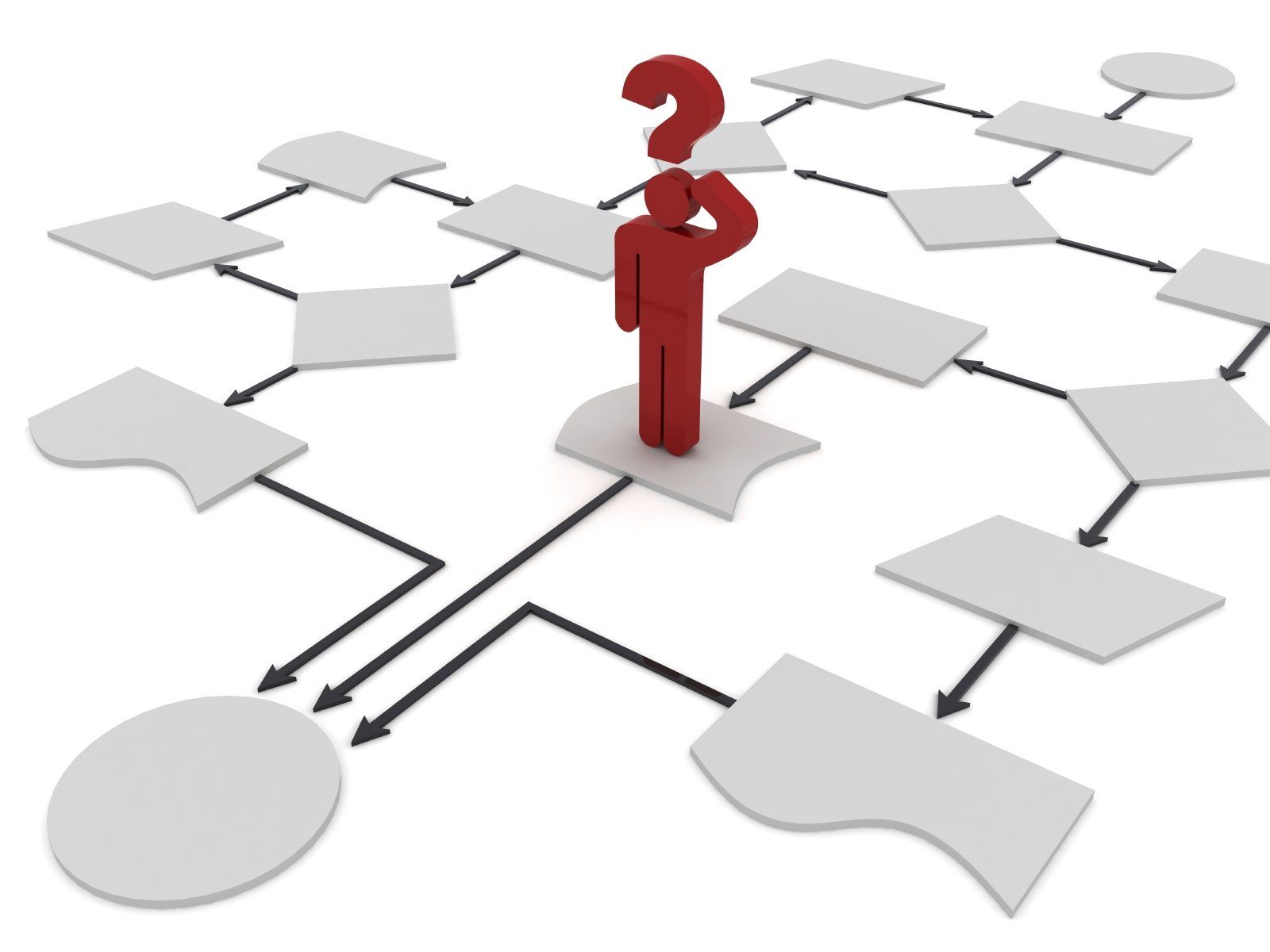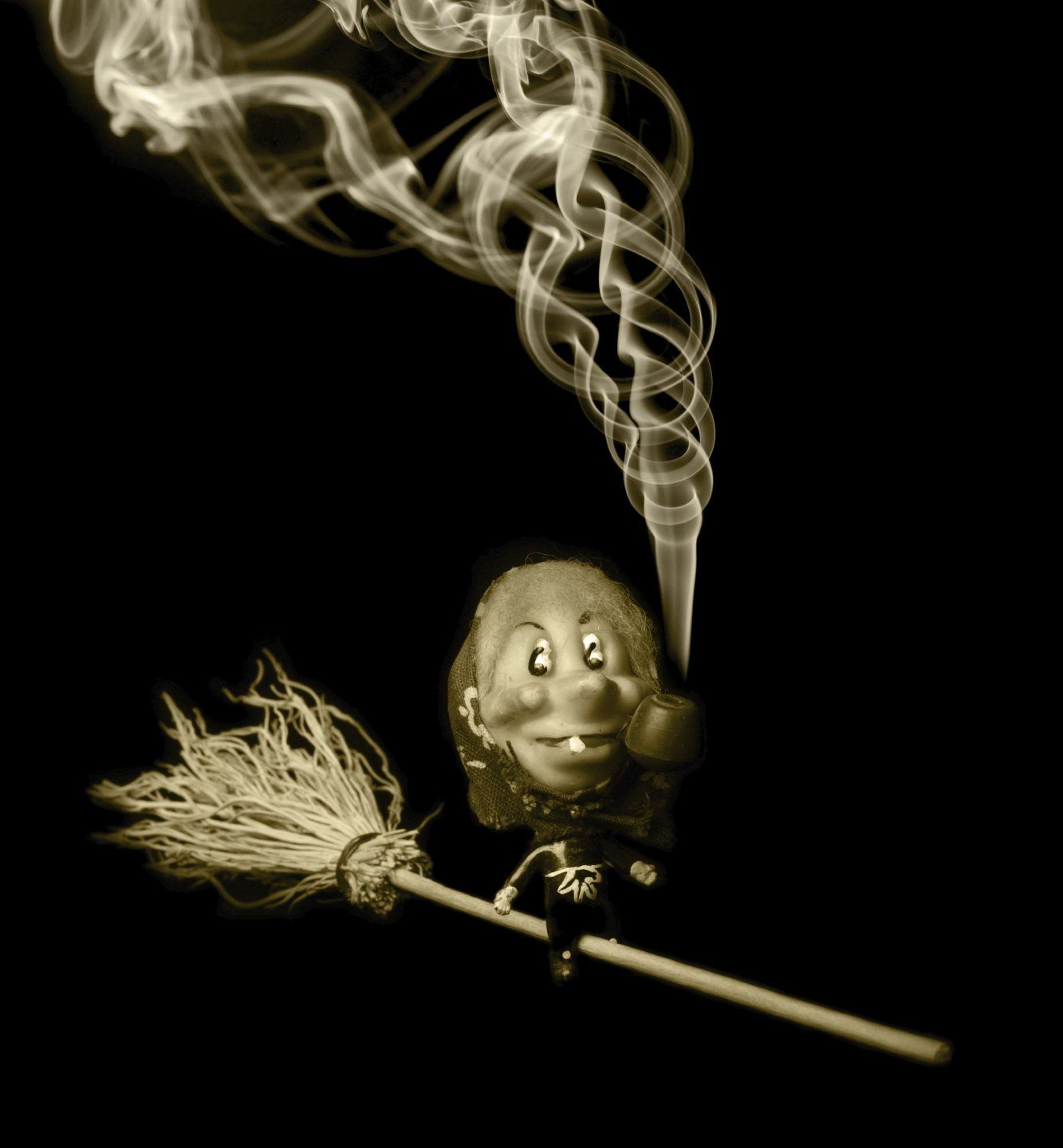Getting a Personality Disorder Diagnosis for the Family Court
A blog post for family lawyers

Family lawyers: Is it possible to make a Part 25 application for an assessment where you think one of the parties in Child proceedings has a personality disorder? Absolutely, yes.
What most #familylawyers don’t know is that it is a cost effective way (much much cheaper than legal fees and repeated litigation) to inform the court of the true issues at play. Many legal professionals still believe that getting an expert #psychologist or #psychiatrist report will be ‘disproportionate’ and cause further delay to the case - but the delays in the system are so huge that such specialist assessments don’t really add to them.
But what about if the #Section7 report says it isn’t warranted? I’ve been involved in a number of cases where the social worker has been duped by the personality disordered individual, as the expert assessment has subsequently shown. A social worker failing to recognise personality issues or disorders (in which they receive no training) should be no bar to a formal assessment, in my view.
Thankfully, more and more judges are ordering these assessments, but there are various things you need to know to make this effective.
Which expert?
Firstly, choosing your expert: I’ve seen a number of CVs of psychiatrists and psychologists claiming to make personality disorder diagnoses for the courts in child proceedings, but many do not actually have the requisite training, and their reports are often non-committal and unhelpful to the court. Relatively few clinicians are able to make these diagnoses adequately for the court.
To be clear, you do not want a global ‘mental health assessment’ - if you suspect that a personality disorder or issue at the core, don’t muddy the waters by getting a general adult psychiatrist to exclude things like depression, anxiety, bipolar, schizophrenia, addictions etc, unless these are also factors. Get a personality expert - preferably a forensic psychologist or forensic psychiatrist.
You want an expert who uses scientifically validated measures of personality testing, and who use various methods to assess the subject, only one of which is via semi-structured clinical interview. You want one who isn’t going to meet the subject over Zoom for an hour, but who will meet them in person and do more than one interview. You want one who will speak to other relevant people in the case to get a true picture of what is happening. Ask them how exactly they will make their assessment, and don’t shortlist anyone who doesn’t fit these basic criteria.
Also note that you cannot expect that, once you have a psychologist or psychiatrist lined up to make an assessment, they will somehow magically be able to see through the subject’s lies and manipulations - they will need evidence of those those lies and manipulations, and you will have to make sure that there is a mechanism for them to see that evidence. The subject being assessed will, of course, not agree to this, so you need to put as much evidence as you can in the bundles the expert will have access to, and make provision for them to be able to ask for additional evidence in your letter of instruction.
What to ask for
And what should you be asking for when you make your preliminary enquiries to find an expert? Many lawyers make the mistake of thinking that expert psychologists and psychiatrists will undertake parenting assessments, but this is not what they do. You are not instructing them to find out if they can change a nappy and fit car seat - you are asking them for their opinion on the potential emotional, psychological and physical effects upon the child (in the short medium and long term) of being parented by someone with the personality difficulties they have identified.
If you ask for a parenting assessment, the experts will run a mile.
Some other things to remember:
It is not for you to to request a diagnosis of a specific personality disorder - you just want to know about about personality difficulties/disorders relevant to the case.
A person can have personality issues which would not qualify for a full blown personality disorder diagnosis, but would still be a problematic parent for their child. You need an expert who can explain what these are likely to be to the court.
You do, however, want to be very specific about exactly what you need to know when it come to the relevance of any diagnosis. Is it treatable? How long would treatment take? What is the prognosis untreated? How would you know that treatment has worked?
What is the likely effect upon the child of being parented by a person with these difficulties (eg on their emotional and psychological development and wellbeing)?
You may be interested in specific traits, such as empathy (decreased in psychopathy and narcissistic personality disorder), and specify these. You may want to know what any diagnosis would mean regarding the parent’s ability to recognise and prioritise the needs of the child (narcissists see children as extensions of themselves, not as individuals, and rarely see or prioritise their needs).
What would any diagnosis or personality difficulties mean for the child’s safety? (Car seats, cycle helmets, risk taking behaviours in the parent such as risky driving may be relevant here).
If you are going to make an application of this nature within child proceedings and you want to know more, please do get in touch via my website, Thelifedoctor.org.
And if you suspect that your partner is a narcissist, and want to know more about how Narcissism plays out in the divorce, my book, the first of a series is available now: Narcissists in Divorce: from LoveLocked to Leaving. body content of your post goes here. To edit this text, click on it and delete this default text and start typing your own or paste your own from a different source.
















